Oil Jointing Sheet is a specialized type of gasket material designed to resist the effects of oil and other hydrocarbons. It is commonly used in applications where sealing against oil, fuel, and other petroleum-based fluids is critical. This sheet material is typically made from a blend of rubber, cork, or synthetic compounds that provide both flexibility and durability, ensuring effective sealing in various mechanical and industrial contexts.
Key Features:
- Oil Resistance: The primary feature of oil jointing sheets is their ability to withstand exposure to oils and fuels without degrading. This property helps maintain a reliable seal even in environments where contact with petroleum-based substances is frequent.
- Flexibility: Oil jointing sheets are flexible, allowing them to conform to irregular surfaces and provide a consistent seal. This flexibility is essential for applications where the mating surfaces may not be perfectly aligned.
- Compressibility: These sheets can compress under pressure to fill gaps and ensure a tight seal, making them effective for applications involving fluctuating pressures and temperatures.
- Temperature Tolerance: They are designed to handle a range of temperatures, though the specific temperature range can vary based on the material composition.
- Durability: Provides long-lasting performance and resistance to wear and deformation, ensuring that the seal remains effective over time.
Applications:
- Automotive: Used in engine gaskets, oil pan seals, and transmission gaskets to prevent leaks of engine oil, fuel, and other fluids.
- Industrial Machinery: Applied in pumps, compressors, and other machinery where oil and fuel leaks need to be prevented.
- Hydraulic Systems: Employed in hydraulic systems to seal connections and prevent leakage of hydraulic fluids.
- Petrochemical Processing: Used in equipment and pipelines to ensure safe and effective sealing in environments where contact with hydrocarbons is common.
- Plumbing: Found in faucets, valves, and other plumbing fixtures where resistance to oils and fuels is required.
Benefits:
- Effective Sealing: Provides a reliable seal against oils and fuels, preventing leaks and maintaining system integrity.
- Flexibility and Compressibility: Adapts to uneven surfaces and fluctuating pressures, ensuring a tight seal.
- Durability: Offers long-term performance and resistance to wear, contributing to the longevity of the sealing application.
- Versatility: Suitable for a wide range of applications, from automotive and industrial machinery to petrochemical processing and plumbing.
- Cost-Effective: Balances performance and cost, making it a practical choice for many sealing needs involving oils and fuels.

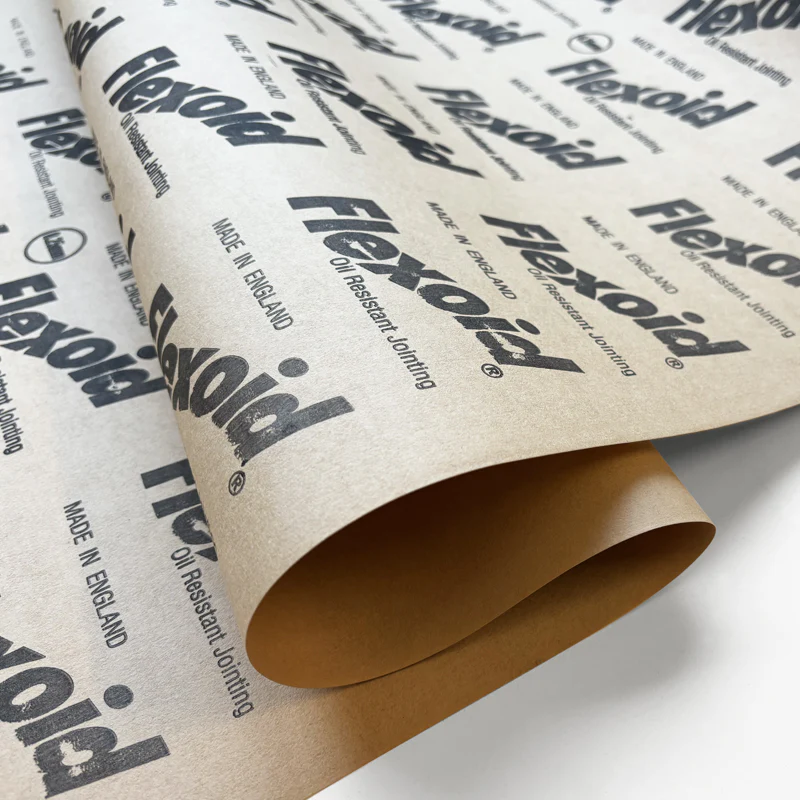
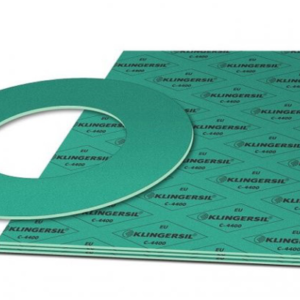
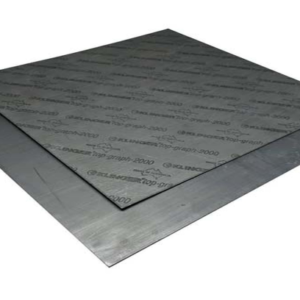
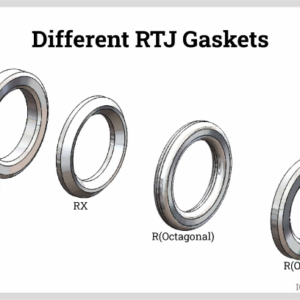
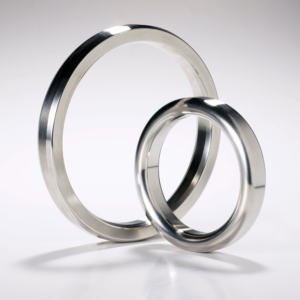
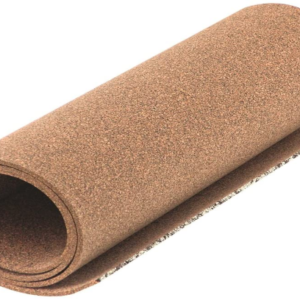
Reviews
There are no reviews yet.